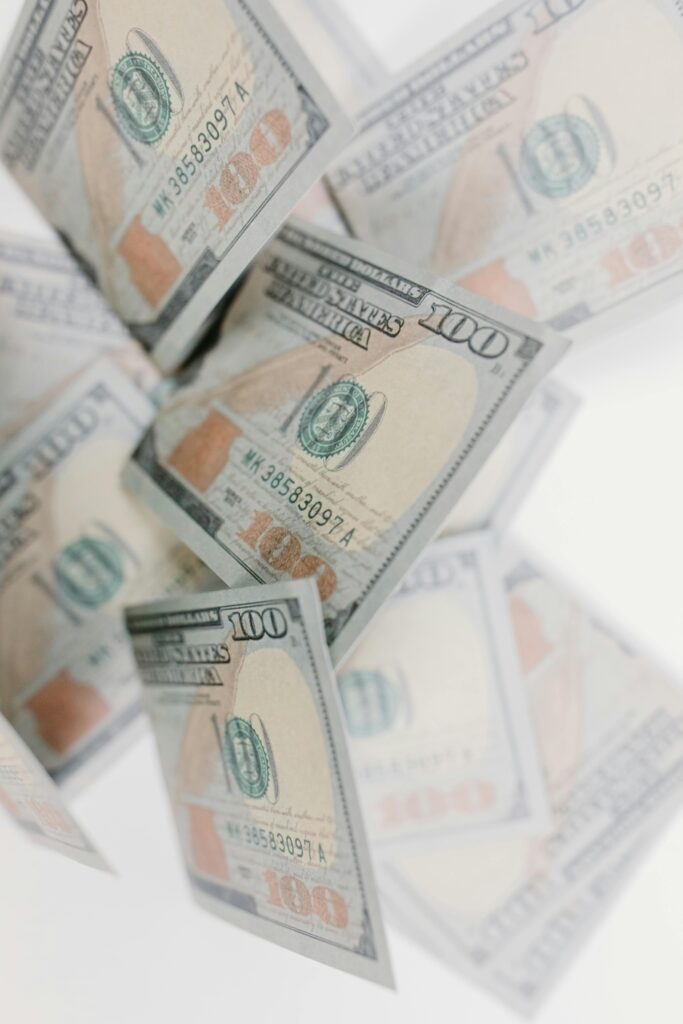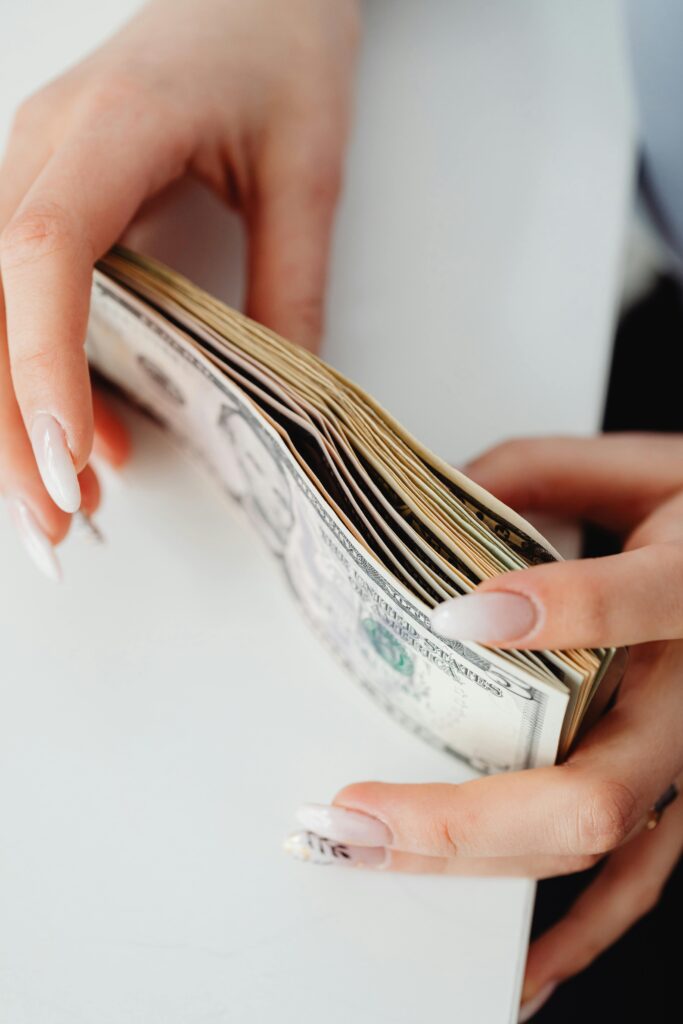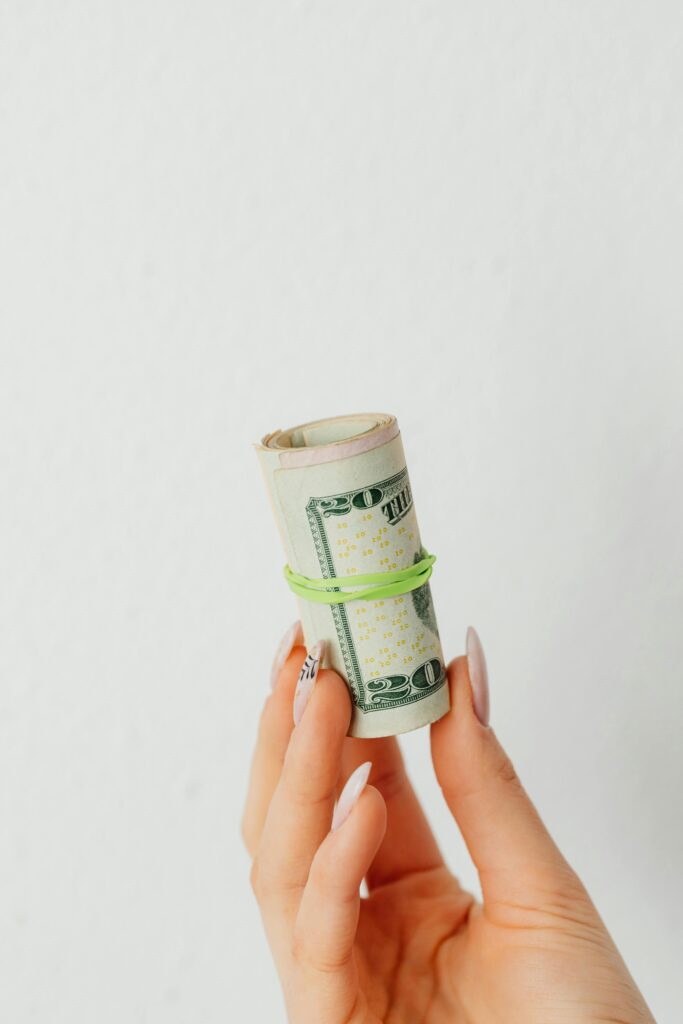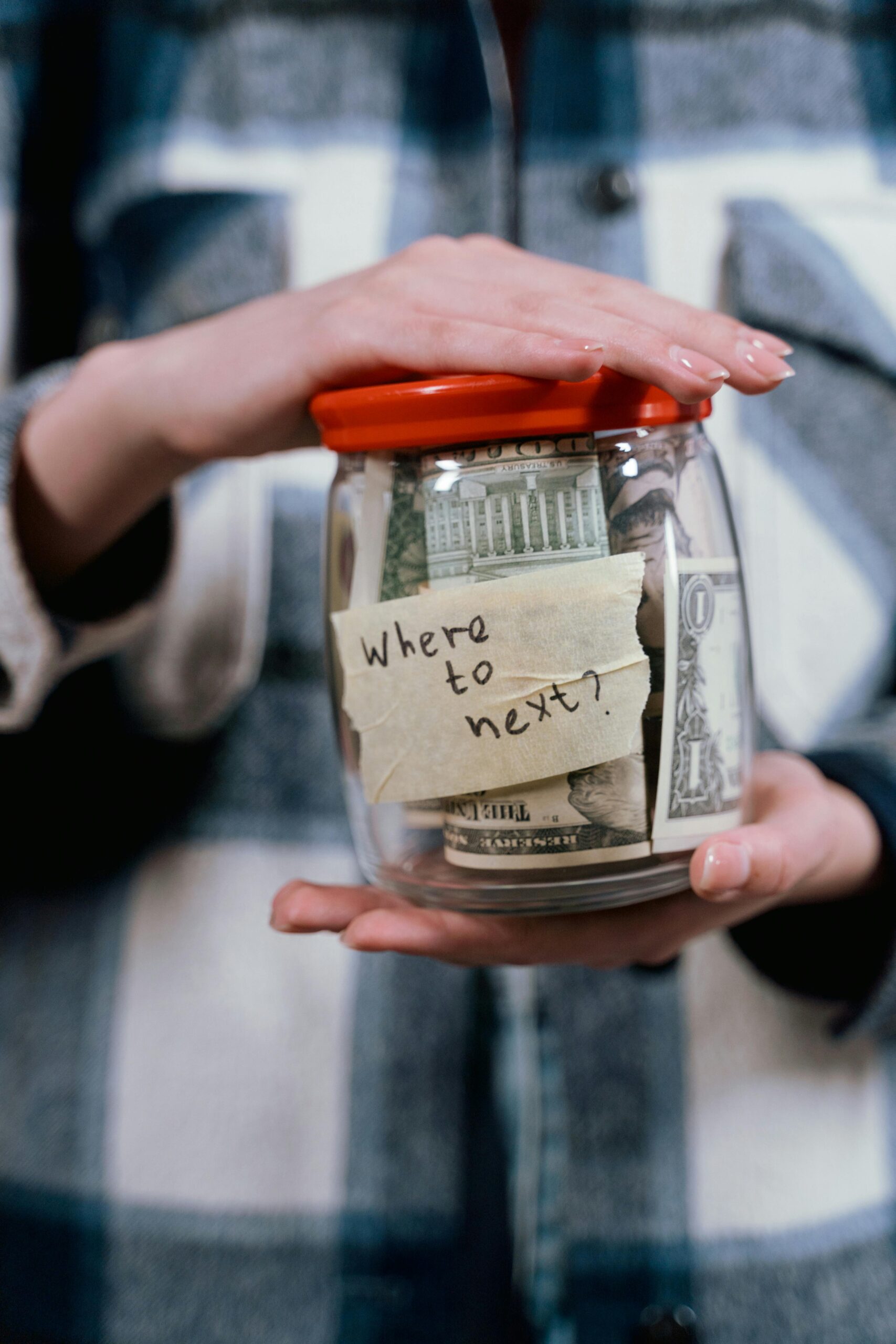How to Build an Emergency Fund from Scratch in 30 Days
Agree-Promise-Preview (APP) Intro:
We all know life can throw unexpected financial curveballs—medical bills, car repairs, or sudden job loss. Without an emergency fund, these surprises can quickly turn into stress and debt. But here’s the good news: you can start building your emergency fund from scratch and make real progress in just 30 days. In this guide, I’ll show you step-by-step how to create a solid financial cushion, even if you’re starting with little to no savings.
By the end of this article, you’ll have actionable strategies, a simple plan, and practical tips to save money fast without sacrificing your lifestyle.

1. Understand Why an Emergency Fund is Critical
An emergency fund is money set aside specifically for unexpected expenses. Financial experts recommend having 3–6 months of living expenses saved, but even starting small can prevent you from going into debt when emergencies arise.
Key Benefits:
- Avoid high-interest debt (like credit cards) during emergencies
- Reduce financial stress and anxiety
- Gain financial freedom and confidence
Pro tip: Even a $500 emergency fund can make a huge difference if something unexpected happens.
2. Calculate Your 30-Day Emergency Fund Goal
Before saving, you need a clear target.
- List your essential monthly expenses: rent/mortgage, utilities, groceries, transportation, insurance.
- Decide how much you can realistically save in 30 days.
Example:
- Monthly essentials = $2,000
- 30-day target = $500–$1,000 (small, achievable first goal)
Tip: Breaking your ultimate emergency fund into smaller 30-day chunks makes it easier to stay motivated.
3. Track Your Income and Spending
Knowing exactly where your money goes is crucial.
- Use apps like Mint, YNAB, or Personal Capital to monitor spending
- Categorize your expenses: essentials, non-essentials, discretionary
- Identify areas to cut back, even temporarily
Example:
- Coffee shop: $50/week → skip for a month = $200 saved
- Streaming subscriptions: $30/month → pause = $30 saved
Little savings add up quickly!

4. Cut Non-Essential Expenses Fast
To save aggressively in 30 days, focus on temporary lifestyle adjustments:
- Eat at home instead of dining out
- Brew coffee instead of buying daily
- Cancel unused subscriptions
- Buy generic brands for groceries
- Delay non-urgent purchases
Quick hacks:
- Use cashback apps like Rakuten or Dosh for essential purchases
- Shop with a budgeted grocery list only
5. Find Extra Money to Boost Savings
To hit your 30-day goal faster, consider boosting your income:
- Sell unused items on eBay, Facebook Marketplace, or Poshmark
- Pick up a weekend gig (ride-sharing, freelancing, tutoring)
- Ask for overtime at your current job if available
Example:
- Sell old electronics → $150
- Deliver groceries on weekends → $200
- Combined with spending cuts → $500+ saved in 30 days

6. Automate Your Savings
Make saving effortless by automating transfers:
- Set up automatic transfers to a separate savings account
- Treat it like a monthly bill you can’t skip
- Even $50–$100/week adds up quickly
Pro tip: Use a high-yield savings account to grow your emergency fund faster with interest.
7. Make It a Habit Beyond 30 Days
Once you hit your first 30-day goal, don’t stop. Keep building:
- Increase contributions gradually
- Reassess your monthly expenses and savings potential
- Celebrate milestones (first $500, $1,000, $2,000)
Eventually, you’ll reach 3–6 months of living expenses, giving you full financial protection.
8. Common Mistakes to Avoid
- Using emergency funds for non-emergencies
- Not tracking spending carefully
- Setting unrealistic goals (aim small first)
- Ignoring income-boosting opportunities
Tip: Keep a clear budget and label your emergency fund as “Do Not Touch Except Emergencies.”

9. Quick 30-Day Emergency Fund Plan (Summary)
| Step | Action | Savings Potential |
|---|---|---|
| 1 | Track all expenses | $0 (visibility) |
| 2 | Cut non-essentials | $100–$300 |
| 3 | Sell unused items | $50–$200 |
| 4 | Side hustle / gig | $100–$400 |
| 5 | Automate weekly transfers | $50–$100 |
| Total | Potential savings in 30 days | $500–$1,000+ |
10. Final Thoughts
Building an emergency fund from scratch in 30 days is achievable if you take focused action. Start small, cut unnecessary expenses, find extra income, and automate your savings. Even if you can’t reach your full 3–6 months target immediately, starting now gives you confidence, reduces financial stress, and protects you from life’s unexpected surprises.
Remember: the sooner you start, the sooner you gain peace of mind.
Stay connected with us for more smart money tips—follow Dollar For You now on Instagram, Facebook, and Pinterest!
you may also like,
How to Save Money on Electric Bills This Summer
10 Best Money-Making Apps in 2025
How to Pay Off Credit Card Debt Fast in 2025
Share this content:




3 comments